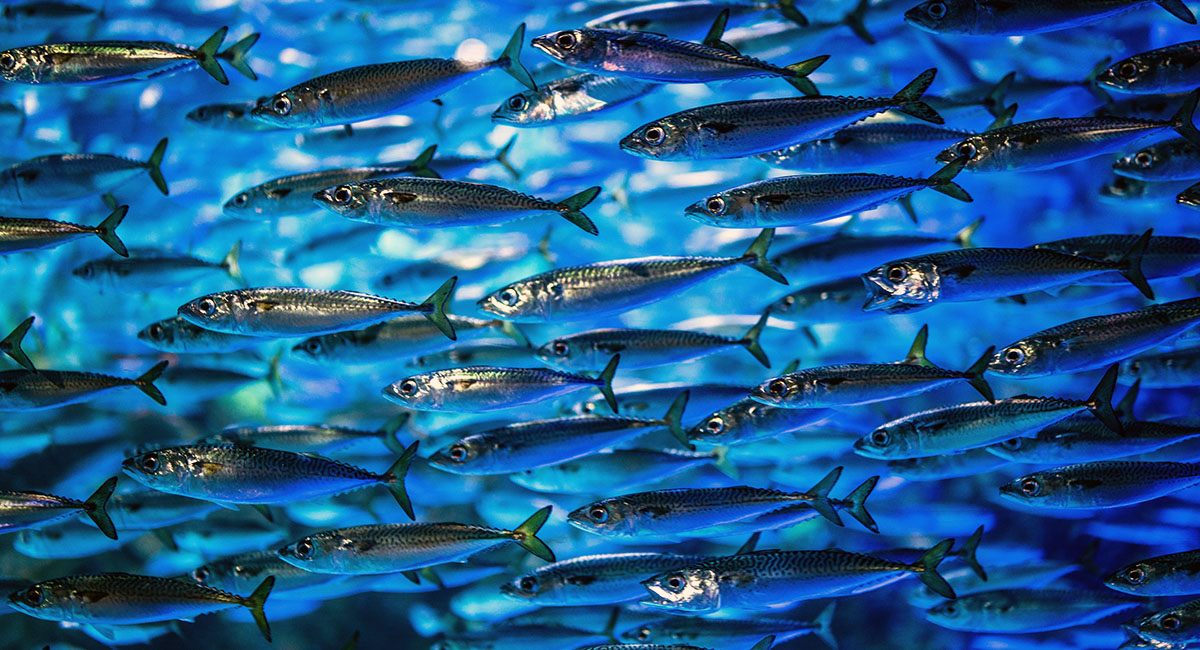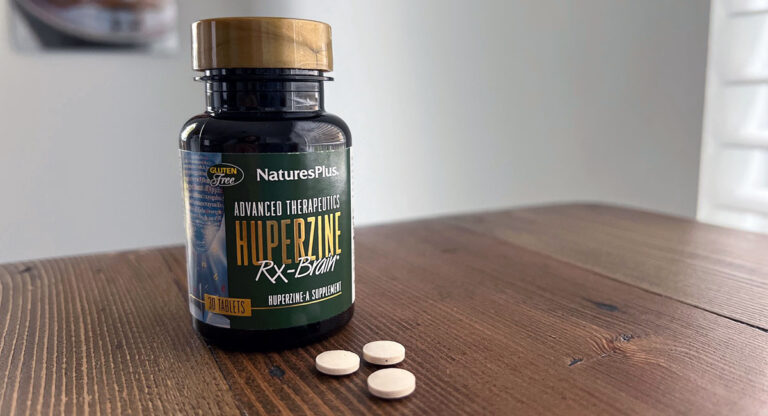
Why are fatty acids important?
Links in some blog posts may earn a commission for The Brain Cleanup Coach.
Fatty acids (scientific definition): a carboxylic acid consisting of a hydrocarbon chain and a terminal carboxyl group, especially any of those occurring as esters in fats and oils.
In other words, fatty acids are the building blocks of fats. Combining different fatty acids will created different types of fats. And fats are essential to life, including yours.
What we got wrong about fat
If you were born in the last century and grew up during the 80’s and 90’s, you know all about the low and non-fat craze. For an in-depth look at why this dietary approach was adopted by the US government, click here and here. For an quicker explanation, click here. The short of it is that some influential individuals, following some studies of the time, came to the conclusion that dietary fat was causing heart disease in the American population, and thus fat should be minimized or cut out of the diet altogether.
Although the recommended replacements for fat where healthier carbohydrates like whole grains, fruits, and veggies, the food industry took the idea and ran with it, using low and no fat as a marketing gimmick to push overly processed, high sugar foods. Unfortunately this seems to have had some pretty severe health consequences, including obesity, diabetes, and dementia.
We’ve started to figure out how important healthy fats are to healthy functioning of both the body and the brain. and how detrimental refined carbs can be.
What fatty acids do
Back to fatty acids, these chains of carbons play a critical roll in energy production and cell function in mammals, including us humans.
When blood sugar is depleted, most cells of the body can switch from using sugar to using fatty acids to create energy. In fact, the popular KETO diet is based on conditioning cells to rely more heavily on fatty acids for energy production, which the body of fully capable of. During periods of carb restriction or starvation, ketosis is the state the body switches into, depending more heavily on fat for survival.
Your body stores fatty acids in the form of triglycerides, packed away in fat cells for use when needed. Think of triglycerides as untapped energy packs for your body. And yes, too many triglycerides, just like too much of anything, can be problematic.
Fatty acids are also used in hormone production, thyroid function, blood pressure and immune regulation, heart health, skin health… and more.
Two important fatty acids
There are lots of fatty acids, but lets take a quick look at two of the most important for human health:
- Butyrate: this short chain fatty acid can come to us through foods, but the good news is a healthy gut will produce lots of butyrate all on its own. The key to high butyrate production is fiber, especially fiber that is resistant to digestion. According to this blog, butyrate fuels and protects your gut, boosts antioxidant production, prevents inflammation, fights cancer, combats obesity and diabetes, and protects the brain. Fermented foods, especially dairy, contain butyrate, but to get the amount of butyrate you need for optimal health, go the fiber route so your microbiome can make its own.
- Omega’s: technically two fatty acids, omega-3 and omega-6 fats are essential fatty acids. They are deemed essential because unlike butyrate, humans don’t produce them internally, but they are critical (life and death critical) to health. For more information, here’s an in-depth article on omegas from Oregon State University. The takeaways are that omega fatty acids (especially omega-3) are critical to cell membrane function, vision health, nervous system health, immune modulation and inflammatory responses, regulation of gene expression, and disease prevention. Kind of important stuff!
Action plan for fatty acids
To produce more butyrate in your gut, eat:
- cooked and cooled starches, like cold potatoes
- apples
- onions, garlic, leeks
- legumes
- oats
- yams, sweet potatoes
- citrus fruits
- veggies
- nuts
To consume more omegas in your diet, eat:
- salmon, anchovies, sardines, mackerel
- spirulina (here’s an easy way to consume it)
- nuts, especially walnuts
- flax seeds and flax seed oil
- chia seeds
- soybeans
- brussels sprouts
- avocado
Or just print out this checklist and keep it on your refrigerator to stay on track. The more checkmarks you have at the end of the week, the more you’ve done to boost the fatty acids in your gut.
If you enjoyed this article you might also like:
- Using food to support your body
- It’s never too early to exquisitely care for your brain
- What are the best foods I can eat for my brain?
Photo by Fengyou Wan on Unsplash




